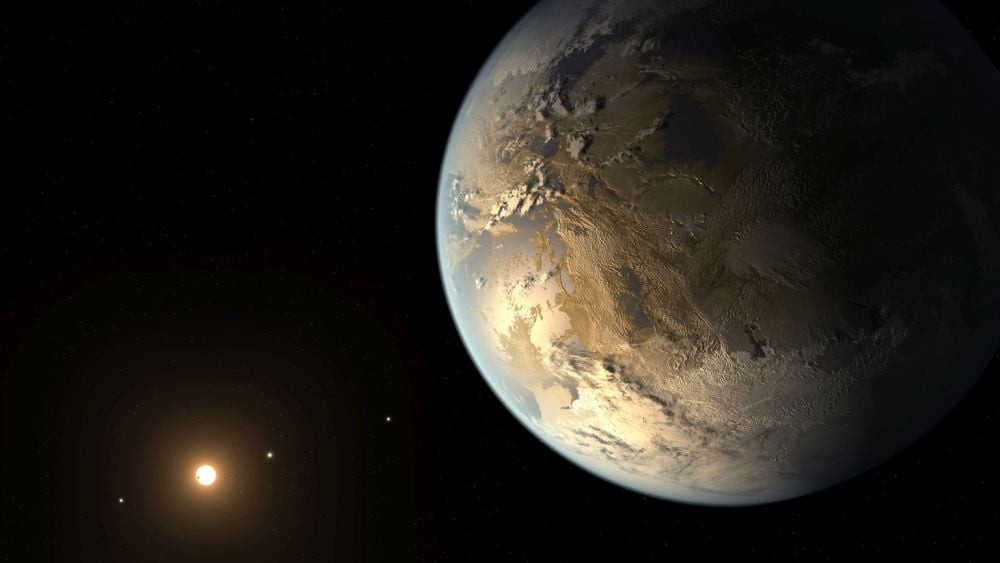IN A NUTSHELL 🔍 NASA’s breakthrough in replicating Mars’ spiders unveils insights into the planet’s geological processes. 🧊 Scientists simulated Martian conditions to study the formation of these unique geological structures. 🌞 The process of sublimation explains how sunlight and ice create the spider-like formations. 🔬 Ongoing research aims to uncover the mysteries of Mars’ past and its potential for …
Read More »Tag Archives: Dioxide
Giant trees of the Amazon get taller as forests fatten up on carbon dioxide
The giants of the Amazon are getting even bigger. A sweeping new study has found the rainforest’s largest trees are not only holding their ground, they’re thriving — growing, multiplying in number and continue to play a major role in mitigating the impacts of climate change. There was a 3.3% expansion in big trees per decade, scientists found, after tracking …
Read More »Civilization Can’t Arise Without Plate Tectonics And Carbon Dioxide
While plate tectonics may not be absolutely necessary for life, they may be necessary for a technological civilization to arise. Habitability may be possible on a static world, but habitability probably won’t persist long enough for a technological civilization like ours to appear. Plate tectonics regulates our planet’s climate, and without it, atmospheric CO2 would rise to catastrophic levels. New …
Read More »The interstellar comet 3I/ATLAS is wrapped in carbon dioxide fog, NASA space telescope reveals
On July 1, 2025, the Deep Random Survey remote telescope in Chile, part of the ATLAS (Asteroid Terrestrial-impact Last Alert System) project, spotted a new comet. But it wasn’t just any old comet: This one isn’t gravitationally bound by the sun, which means it originated outside of our solar system. Named 3I/ATLAS, the comet is only the third known interstellar …
Read More »3I/ATLAS is Large and Releases Carbon Dioxide (CO2) | by Avi Loeb | Aug, 2025
Press enter or click to view image in full size Three images of 3I/ATLAS, taken by the SPHEREx Space Observatory. The images were observed at wavelengths of 3.0, 4.26, and 4.7 micrometers, corresponding to prominent emission lines of H2O, CO2 and CO gas, from left to right respectively. 3I/ATLAS is undetected in H2O and CO. By contrast, a bright CO2 …
Read More »



